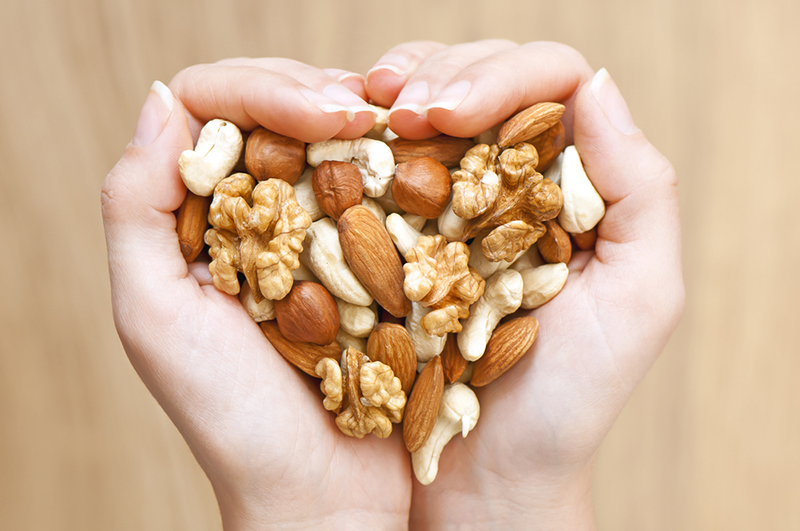

In the health food aisle you’ll notice many packets of seeds available. Pepitas (pumpkin seeds), sunflower seeds, chia seeds, flaxseeds (linseeds) and sesame seeds – the list goes on.
Nutrition Australia recommends eating seeds in moderation, along with a variety of lean meat, poultry, fish, eggs, nuts and legumes, “as our main sources of protein and other nutrients, including iodine, iron, zinc, B12 vitamins and healthy fats”.
Since we can’t include every superfood in our diet, we’ve done the research to make it a little easier to decide which super seeds to eat. One thing they have in common: the nutritional benefit is highest when they’re eaten raw.
1. Pepitas
These hulled flat green seeds are full of iron, vitamin K, protein, zinc, manganese and magnesium which can help support weight loss, improve heart health and boost your energy levels.
Peptitas are also known to improve your mood and help you sleep better because they are a source of tryptophan, a compound the body uses to make serotonin.
If you’re preparing pumpkin to cook, don’t throw away the seeds. Scoop them out and roast them in the oven with a little olive oil for a delicious pre-dinner snack.
2. Sunflower seeds
The Australian Oilseed Federation says sunflower seeds are one of nature’s most nutritious foods.
“They are packed full of healthy unsaturated oils, protein and fibre, plus essential nutrients that help keep your body in peak health,” it said.
“Sunflower seeds are an excellent source of B vitamins, particularly niacin and folate, and contain magnesium, phosphorous, potassium and zinc with smaller amounts of iron and calcium.”
The small beige kernels are also a good source of vitamin E and can be tossed through salads or baked into bread and cakes.
3. Chia seeds
According to consumer advocate Choice these tiny black or white seeds “pack a hefty nutritional punch”. Their benefits include:
- Unusually high content of omega-3 essential fats
- “Outstanding source fibre”. There is 10 grams of fibre in two tablespoons of chia seeds. The recommended daily intake for fibre is 25-30g
- High in calcium. Chia seeds contain five times the level of calcium in milk “although it may not be so readily absorbed”
- Excellent source of protein
- Packed with iron, magnesium and zinc.
“For those needing to increase their fibre or omega-3 intakes, consuming chia as part of a healthy balanced diet can be a way to achieve this,” dietitian Charlene Grosse explained to Choice.
“For people eating strict vegetarian (or vegan) diets … for whom nuts and seeds play an important role as an alternative to meat, fish and eggs, chia’s fat profile, protein and calcium content make it a valuable option.”
4. Flaxseed
Flaxseeds are another concentrated plant source of omega-3 fats which can help lower cholesterol and blood pressure. They are also rich in B vitamins, fibre and antioxidants.
The seed from the flax plant can be used whole, sprinkled on fruit, cereal and yoghurt, or ground into a meal and used for baking or to “bulk out” meat dishes for people looking for extra fibre in their diet or who don’t get enough essential fats from fish.
People who experience irritable bowel syndrome or seizures or taking certain medications could have problems eating flaxseeds. If you’re planning any significant diet changes you should consult your doctor or another health professional first.




